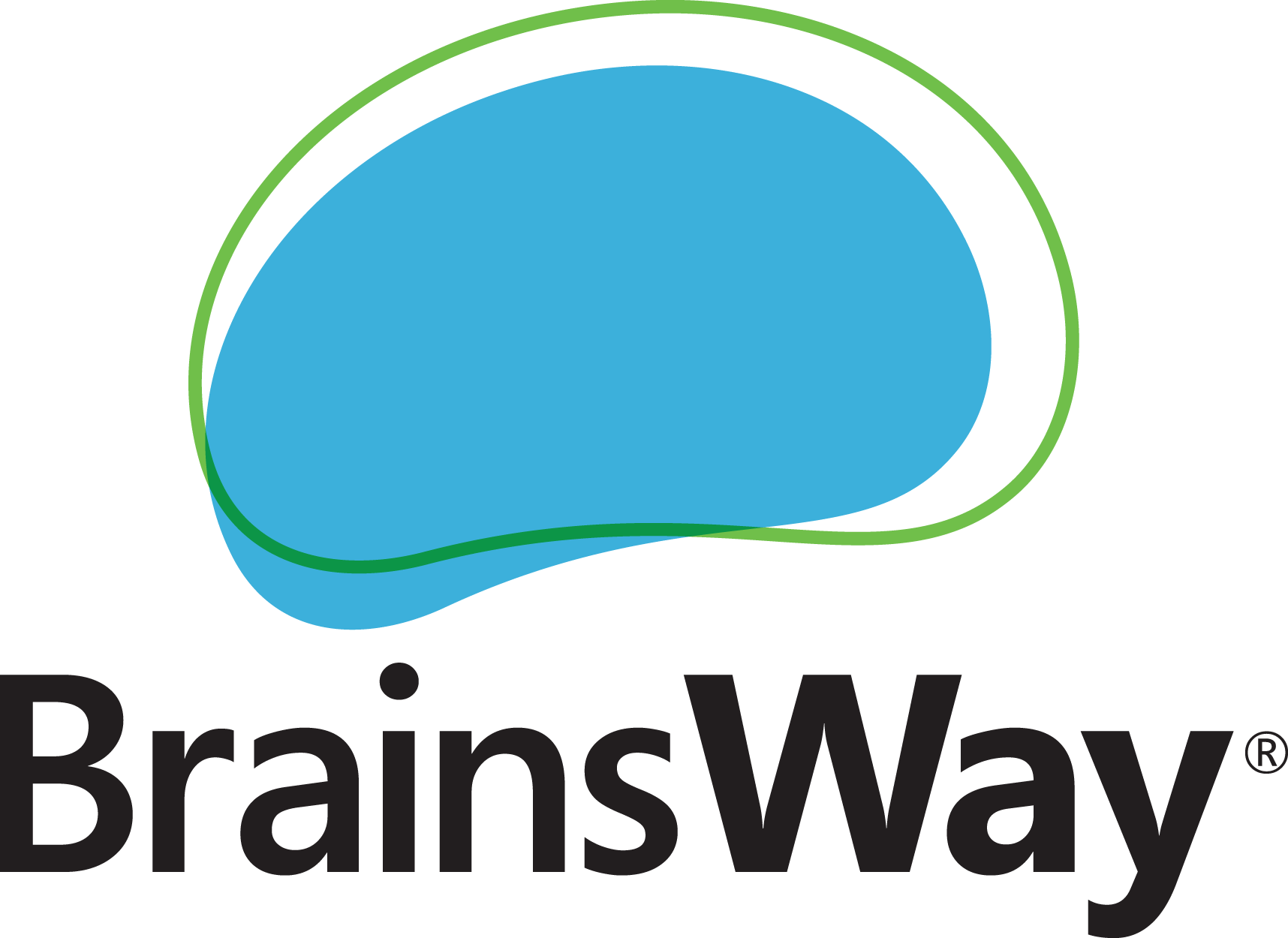



Results from a Multisite, Randomized Non-Inferiority Trial
While hundreds of thousands of patients have undergone TMS treatment to improve their mental health and addiction symptoms, access challenges remain. The standard TMS protocol involving daily visits for numerous weeks can be difficult for some patients to work into their schedule. Now, a new accelerated option called SWIFT Deep TMS is available, reducing the number of clinic visits and helping patients reach remission faster.
Dr.'s Hanlon and Prestley provide a walk-through of the prospective, blinded, randomized controlled trial that led to FDA clearance. 104 adult patients with depression were treated with either accelerated Deep TMS or standard high-frequency Deep TMS. After 6 weeks, both the accelerated and standard protocol groups showed significant HDRS-21 improvement and anxiety symptom reduction (non-inferiority).
Colleen Hanlon, PhD
Vice President of Medical Affairs, BrainsWay
Dr. Hanlon brings to BrainsWay 17 years of clinical research experience in TMS and brain imaging. She led multidisciplinary clinical research programs at the Medical University of South Carolina and Wake Forest School of Medicine, published over 80 articles, authored six book chapters, and delivered over 100 invited talks and educational sessions globally. Dr. Hanlon received a B.S. from the University of Florida in 2001 and a Ph.D. in Neurobiology from Duke University in 2005.
Timothy Prestley, MD
Neurologist, Founder of Novus Neurology, Psychiatry, and TMS
Tim Prestley, MD is a graduate of UAB School of Medicine and UAB Neurology Residency Program. He has over 10 years of experience in the diagnosis and treatment of all aspects of neurological disorders both in the hospital and outpatient setting. He is the founder and director of Novus TMS (formerly University TMS) where he uses Brainsway Deep TMS technology to provide an innovative, FDA-cleared treatment for depression, anxious depression, smoking addiction, and OCD.